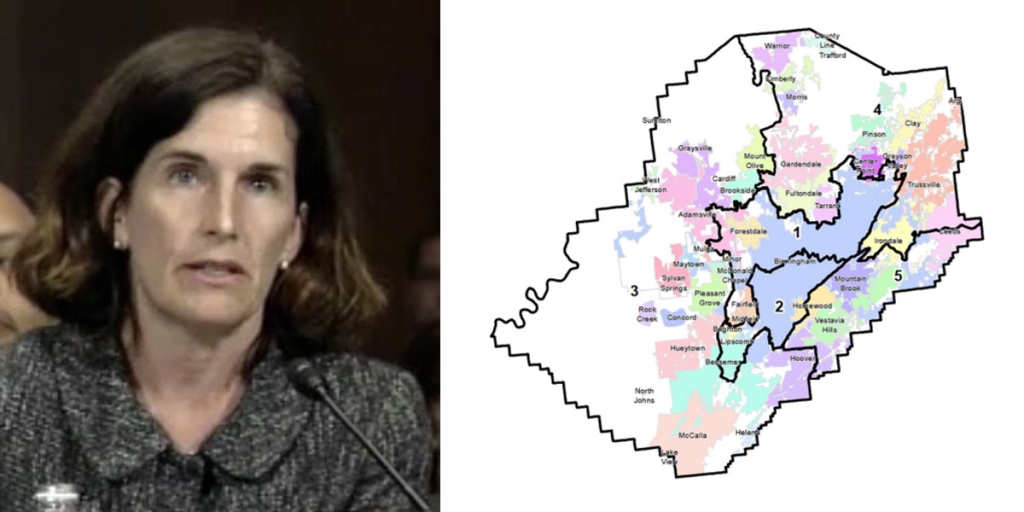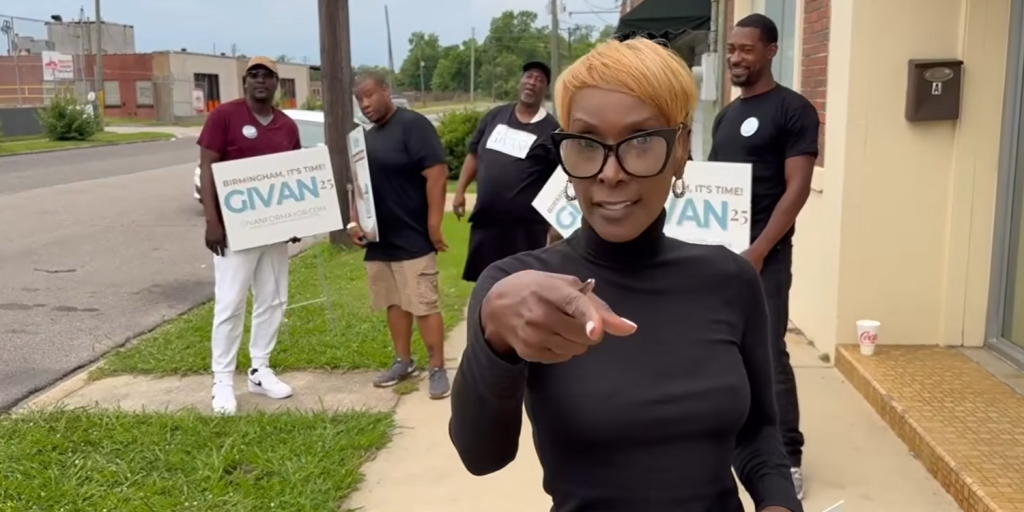Legislation that would restructure the Birmingham Water Works Board and convert it into a regional utility cleared the Alabama Senate County and Municipal Government committee on Tuesday, reigniting a decades-old fight over governance, accountability and control of Alabama’s largest water system.
SB330, sponsored by State Sen. Dan Roberts (R-Mountain Brook), would shift appointment power for the utility’s governing board away from the Birmingham City Council and Mayor, distributing it among state and county officials in areas served by the utility. The bill passed the Senate County and Municipal Government Committee after a public hearing that drew testimony from lawmakers, board officials and local leaders.
Roberts said the legislation is designed to ensure competent, efficient management of a system that serves over 700,000 people across five counties.
“Failures in the management of water systems lead to unreasonably high rates that oppress residents and are a barrier to economic development,” Roberts told the committee. “It’s been discussed every year since I got here in 2018.”
State Sen. Jabo Waggoner (R-Vestavia Hills), who helped pass a 2015 law that expanded the board from six to nine members, also voiced support.
“I’m receiving the same complaints today, primarily billing and service complaints that I received 10 years ago,” Waggoner said. “If I had received no complaints, I would not be standing here today.”
RELATED: Alabama lawmakers op-ed: Why we must reform the Birmingham Water Works Board
Under SB330, the restructured board would require appointees to have professional backgrounds in business, finance, or engineering. The bill also mandates transparency measures, annual audits, and the retention of a consulting engineer. Current board members would be replaced upon the board’s conversion to regional status.
Opponents, public officials and employees affiliated with Birmingham Water Works denounced the bill as a state overreach.
“This bill, as it is currently written, is a significant step backwards,” said Board Chairwoman Tereshia Huffman. “It would undo the tremendous strides made by the system over the last nine months, and is a setback to the projects we have planned for the next few years.”
Board General Manager Mac Underwood noted that billing errors, once averaging 10,000 per month, have dropped below 500 after management changes. “We’ve made a tremendous effort and improvement in the operations of the system,” he said.
The dispute is deeply rooted. Since the Birmingham Water Works was purchased from a private company in 1952, local officials have battled over who should control the public utility. In the 1990s and early 2000s, tensions mounted again as surrounding counties gained more customers — without gaining influence on the board. Reforms in 2015 reduced, but did not eliminate, Birmingham’s majority.
Critics of SB330 say the bill disregards Birmingham’s historic investment in the system and undermines home rule.
“This is fundamentally about taking control away from the city of Birmingham,” said City Council President Darrell O’Quinn. “I believe there are a number of potential unintended consequences that would be result of this legislation.”
Proponents of the bill argue that it brings long-overdue reform to a utility they say lacks accountability to the broader customer base. Rep. Jim Carnes (R-Vestavia Hills), who is sponsoring the House companion bill, said Birmingham sold its interest in the water system decades ago and now exerts disproportionate influence.
“They have no assets in this game,” Carnes said. “They sold this to a separate corporation for what is equivalent today to $500 million. And this is a separate corporation to serve 775,000 people that are customers. I heard all day about 41% being in Birmingham. But 195,000 citizens of Birmingham, divided by 775,000 customers, is 25%. And that is it. You can’t change math.”
He and other backers say the changes would ensure the board is filled with qualified professionals rather than political appointees. “We’re looking for bona fide, absolute professionals with qualified qualifications that will come in and do a great job for the great citizens of Alabama,” Carnes said.
Supporters also point to long-term failures in capital planning and infrastructure investment. Proponents argue the bill is not a takeover, but a shift toward a more modern and regional approach that matches the water system’s footprint.
The bill now heads to the full Senate for consideration.
Today is day 24 of the legislative session. There are six legislative days remaining.
Grace Heim is a state and political reporter for Yellowhammer News. You can follow her on X @graceeheim or email her at [email protected].













